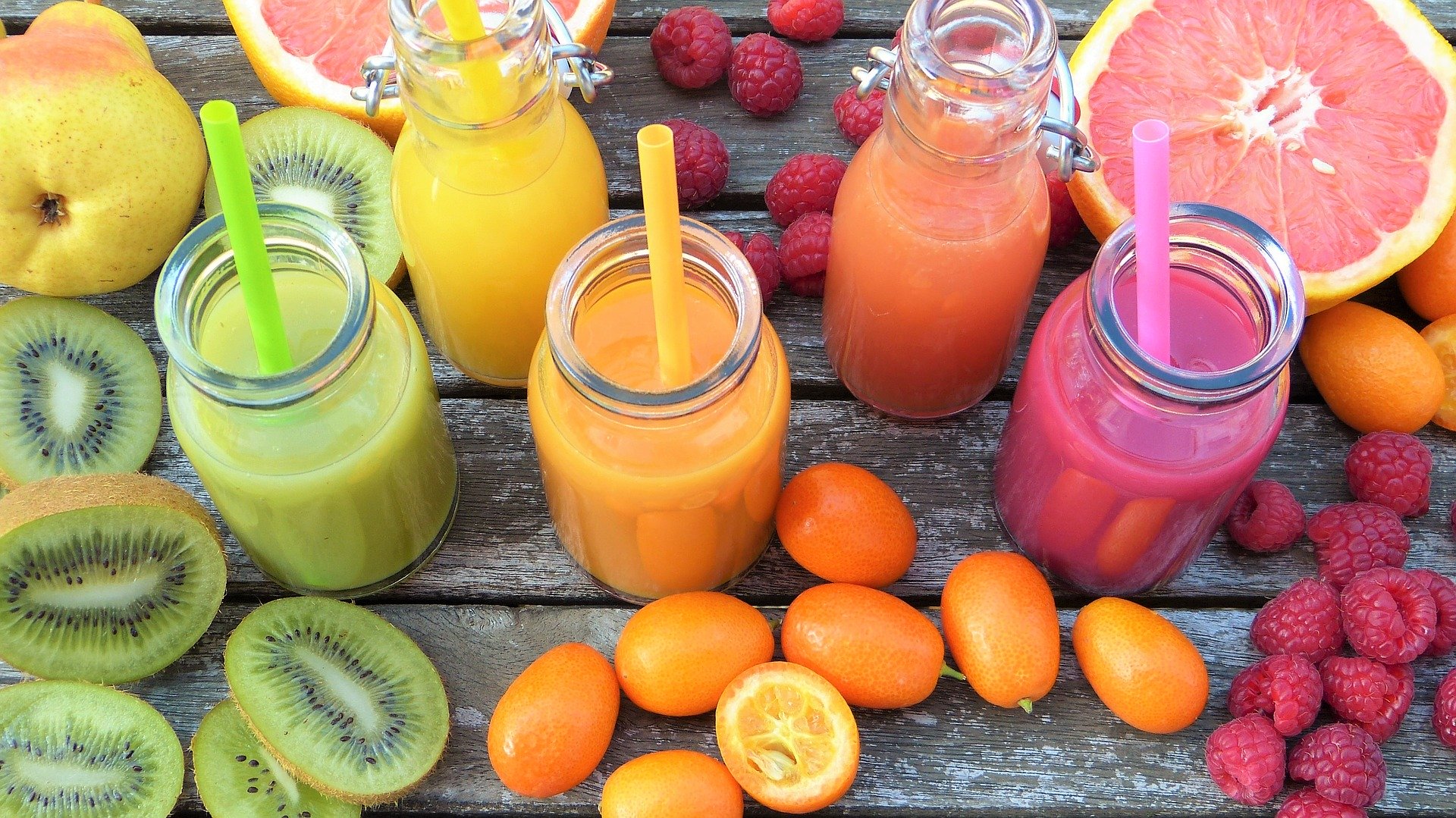With all of the attention on the nation’s health these days, there has been a strong emphasis on Americans working towards strengthening their immunity. One of the hot topics has been the proper administration of vitamin C and vitamin D. Seniors who find themselves in the greatest risk category for COVID-19 may wonder if it is safe for them to take these two vitamins to help them stay healthy – not just in the face of this crisis, but overall.
It is important to point out that we are not advocating these vitamins as a cure or treatment for the virus, simply discussing their benefit to seniors at any time.
About Vitamin C
As we grow older, your immune system becomes less efficient. Ingesting the proper amount of vitamin C maintains the healthiest and most efficient immune system by protecting each individual cell in the body.
Vitamin C is a powerful antioxidant. Antioxidants are critical for neutralizing free radicals that attack and destroy healthy cells. When free radicals flow through our bloodstream, they have the ability to compromise nearly all of our internal systems, raising our risk of serious chronic disease. Vitamin C attacks these free radicals, minimizing attacks on the system.
Vitamin C is also proficient at creating collagen. Collagen is a component of skin and connective tissue that is essential for wound healing – very important for older adults. But collagen also metabolizes protein and works to maximize brain cell functions. Many people rely on a multivitamin to get the vitamin C that they need, but most vitamins on the market fall short of the recommended dose for senior citizens. While vitamins typically deliver 60 milligrams of vitamin C, this is less than the 75 daily milligrams recommended for women, and the 90 milligrams required by men. (Source: Linus Pauling institute, Oregon State University.)
Many fruits and vegetables are high in Vitamin C.
Red bell peppers, kale, broccoli and brussels sprouts top the list for vegetables, while currants, kiwis and pineapple provide the most Vitamin C power. A glass of orange juice is also a fast and easy way to get the vitamin. Providing a senior with vitamin C through their food source is a great way to safely boost the amount of intake.
About Vitamin D
Unlike Vitamin C, intake of vitamin D must increase as we grow older. A young adult needs 200 IU (International units) per day, but that doubles after age 50 to 400IU; then increases to 600IU after age 70 – although many experts say that increasing that dosage to 1000IU is beneficial for reducing falls and fractures. It is possible to ingest too much vitamin D, but vitamin D toxicity occurs over 2,000 IU daily.
Seniors are higher risk for Vitamin D deficiency for several reasons. As we age, we lose some of our capability to absorb and make vitamin D from the sunlight. Vitamin D is activated in the kidney, a function which also decreases with age. Not only that, but elderly people are far less likely to go outside and get vitamin D from the sun – it is estimated that an individual needs 30 minutes of exposure twice a week, at a minimum.
Aside from supplements and sunlight, vitamin D can be found in foods such as cod liver oil, salmon, mackerel, tuna, beef liver, cheese and egg yolks. Milk and juice drinks are also commonly fortified with vitamin D.
If you are concerned about your loved one getting enough of these nutrients (and they are in assisted living), you may wish to speak with the administrators and nutritionists about making sure they are taking advantage of healthy meals. You can also provide fruit, juice and other snacks in their room which will help to boost their levels and keep them as healthy as possible.
As always, the team at A Banyan Residence is committed to the health and safety of all of our residents. Refer to our website or give us a call if you have questions regarding our COVID-19 response and procedures.

